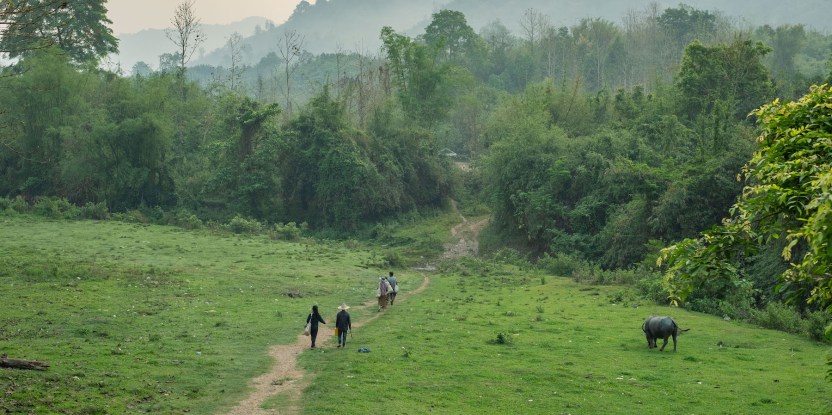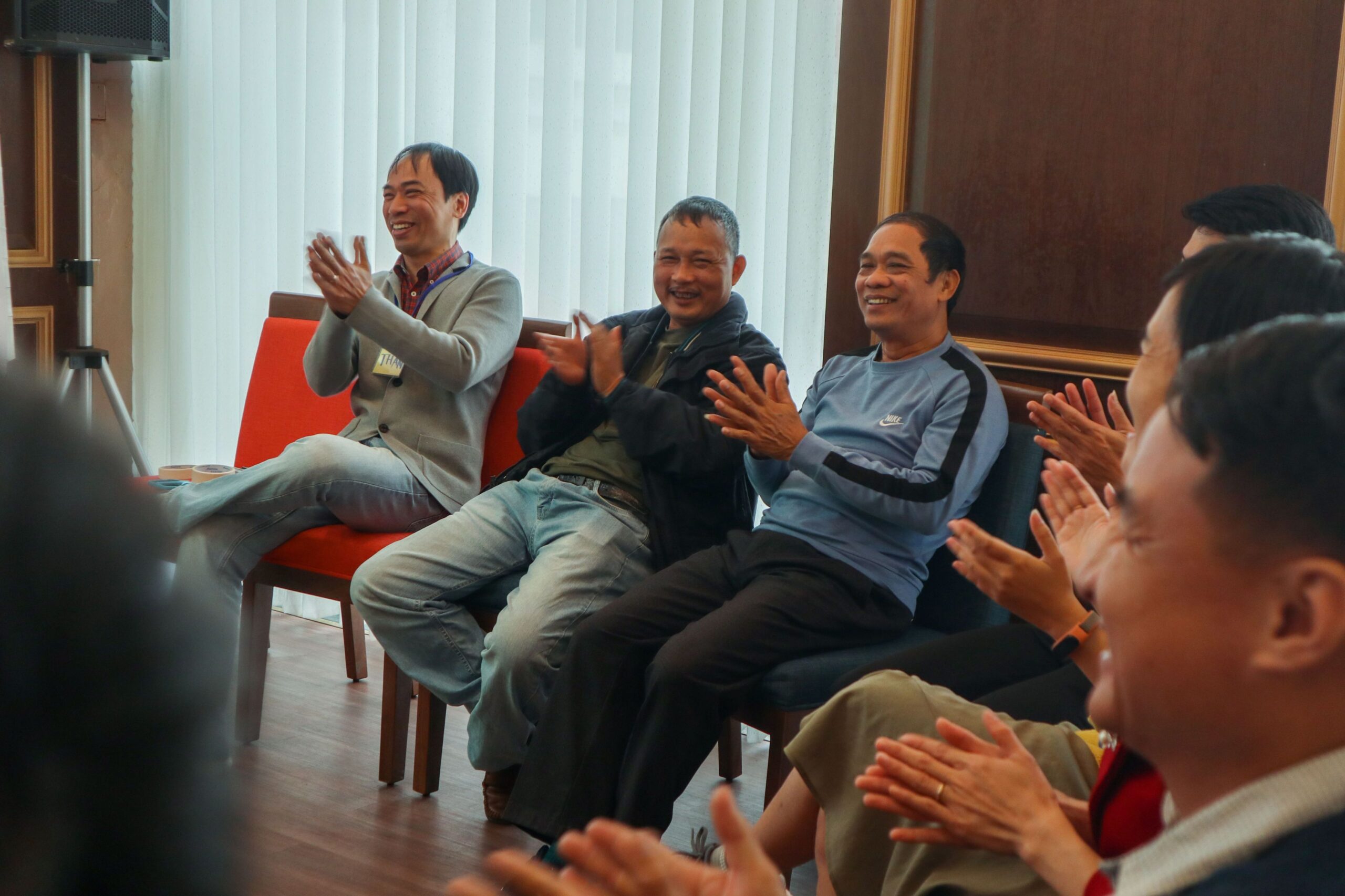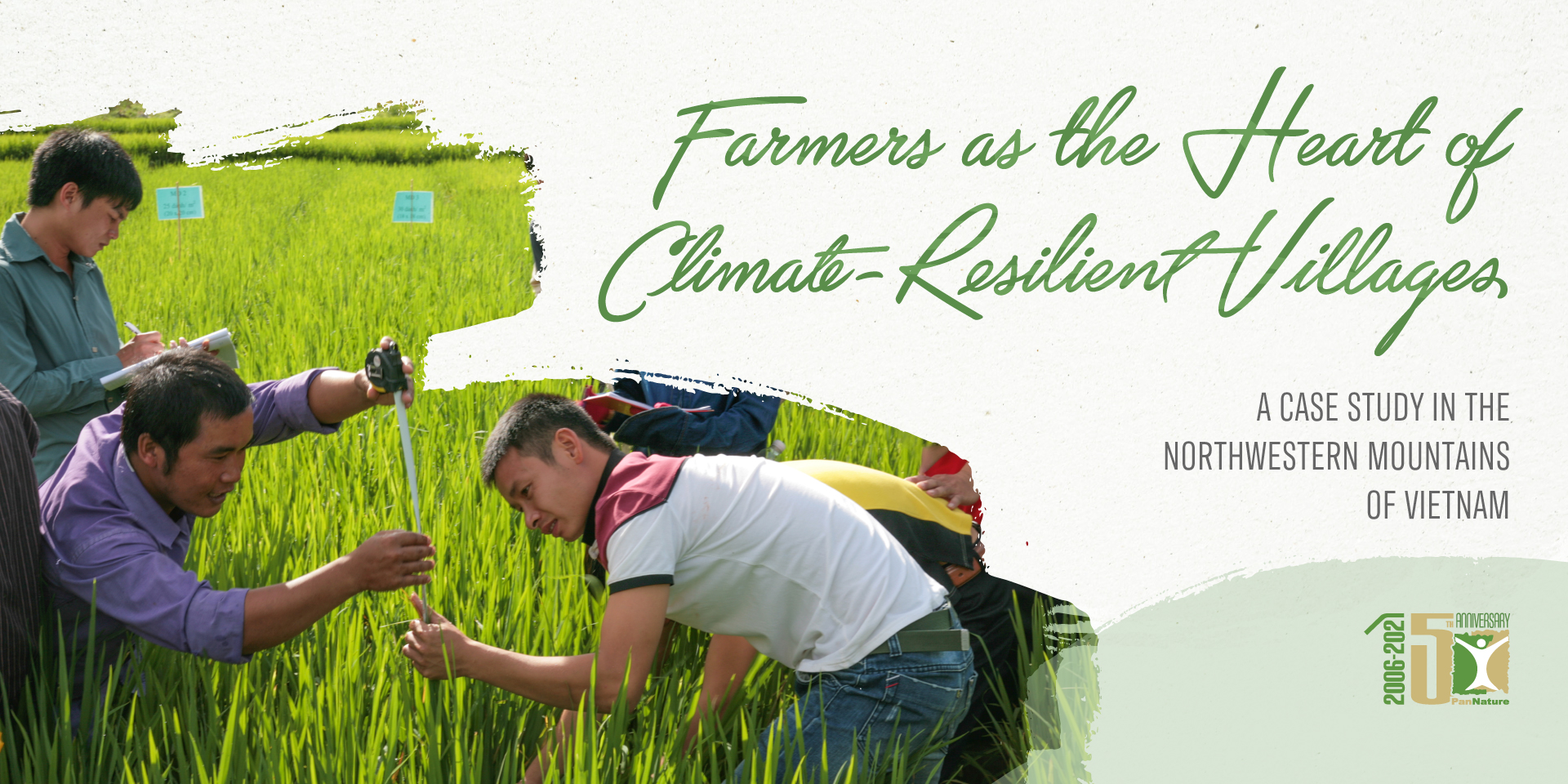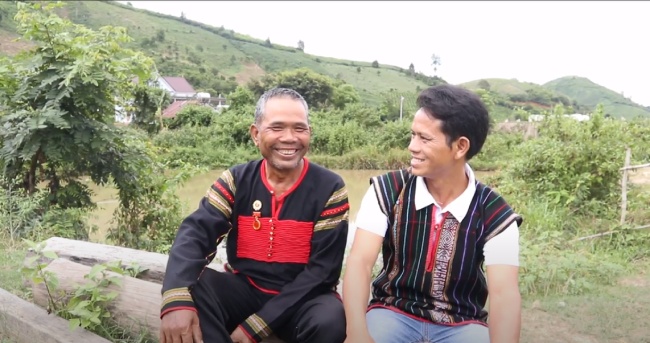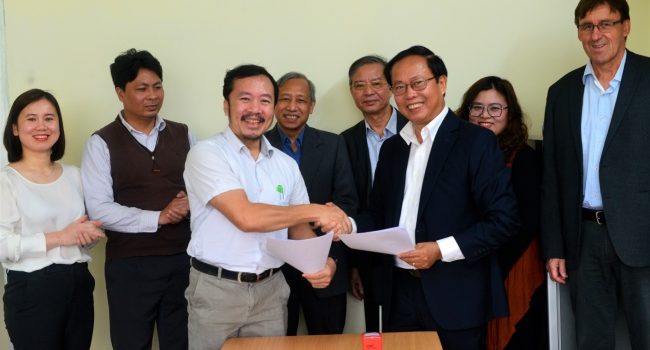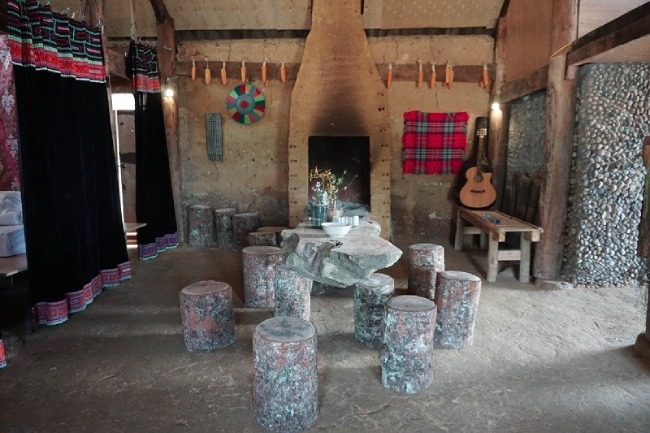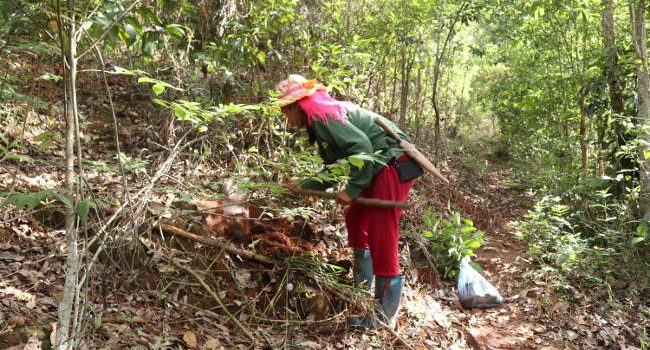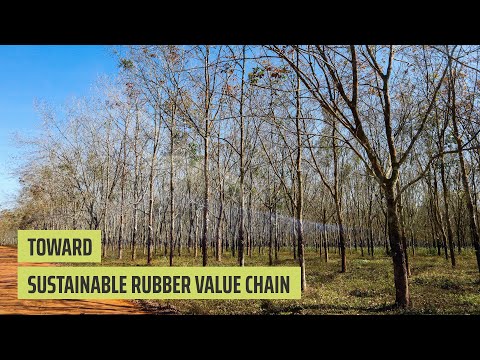Learning must go hand-in-hand with practice: The story of change of facilitators.
In 2018, Tran Huu Phuc signed up for a training course on facilitation skills. At first, he thought it would be like every other course he had attended since working at a forestry company in Hue (Viet Nam). After a…
Asia Swaps Coal for Wood Fuel, but Emissions still a Threat
Farmers as the Heart of Climate-Resilient Villages
Farmers need to be the central part of agricultural initiatives to bring real transformation. On August 19, 2021, PanNature published the paper "Farmers as the Heart of Climate-Resilient Villages: A Case Study in the Northwestern Mountains of Vietnam". Based on…
New generation inspires village reforestation in Vietnam’s Central Highlands
PanNature and VIFORA sign MoU on Forestry Cooperation
Vietnam’s four top community-based tourism villages
Shaping a sustainable future in the forests of the A Luoi Valley
Forest restoration by using native multipurpose plants in Son La
Toward Sustainable Rubber Value Chain
From December 24-26th, 2019, in Gia Lai, PanNature in collaboration with the Vietnam Rubber Group and Vietnam Rubber Association organized a training course to introduce some sustainable forest certification programs to the representatives of nearly 20 rubber companies in the…

